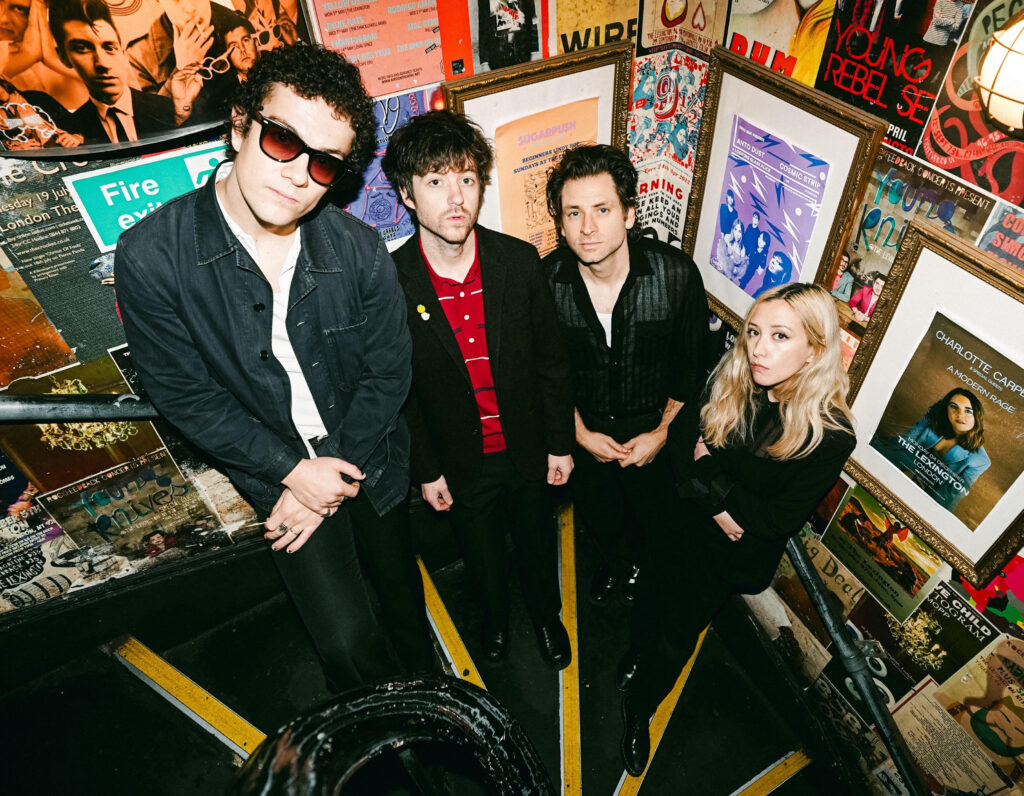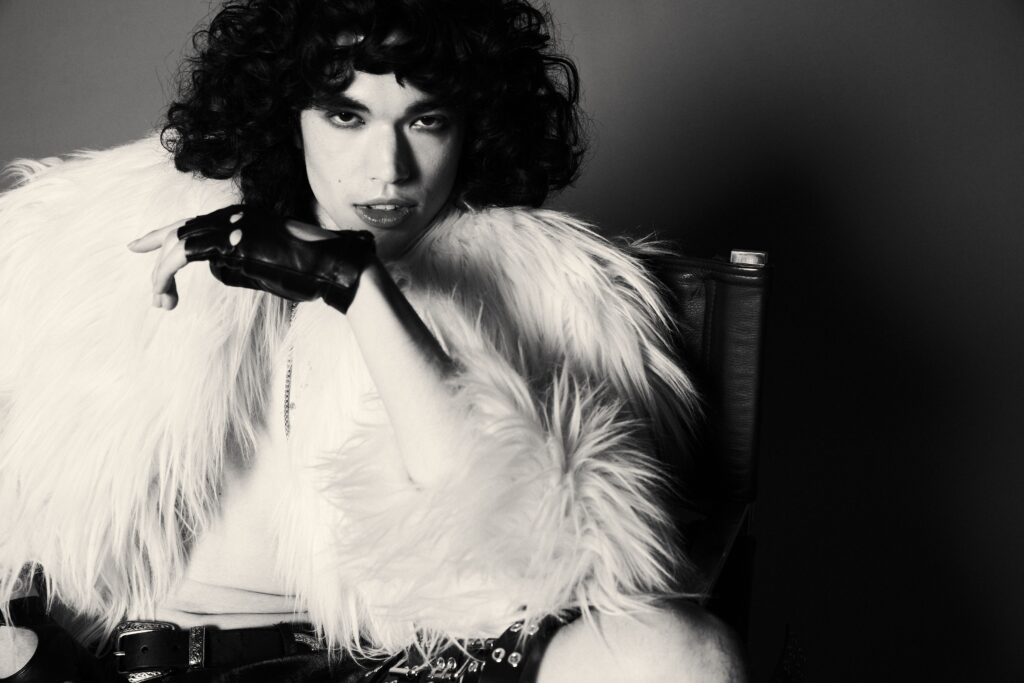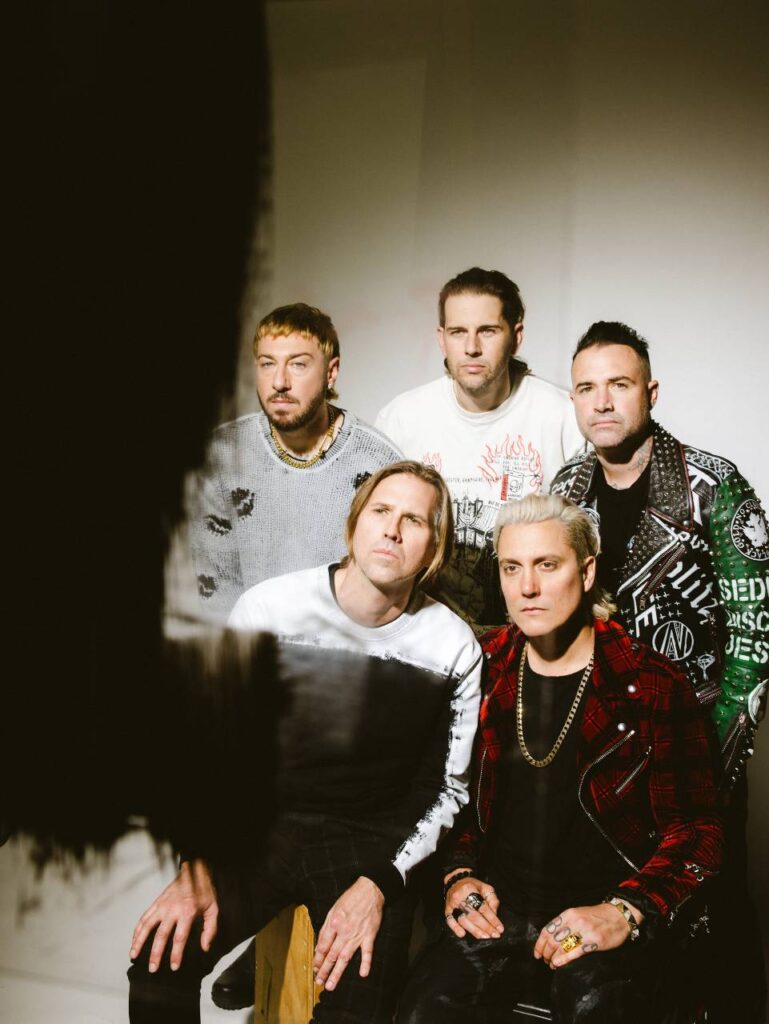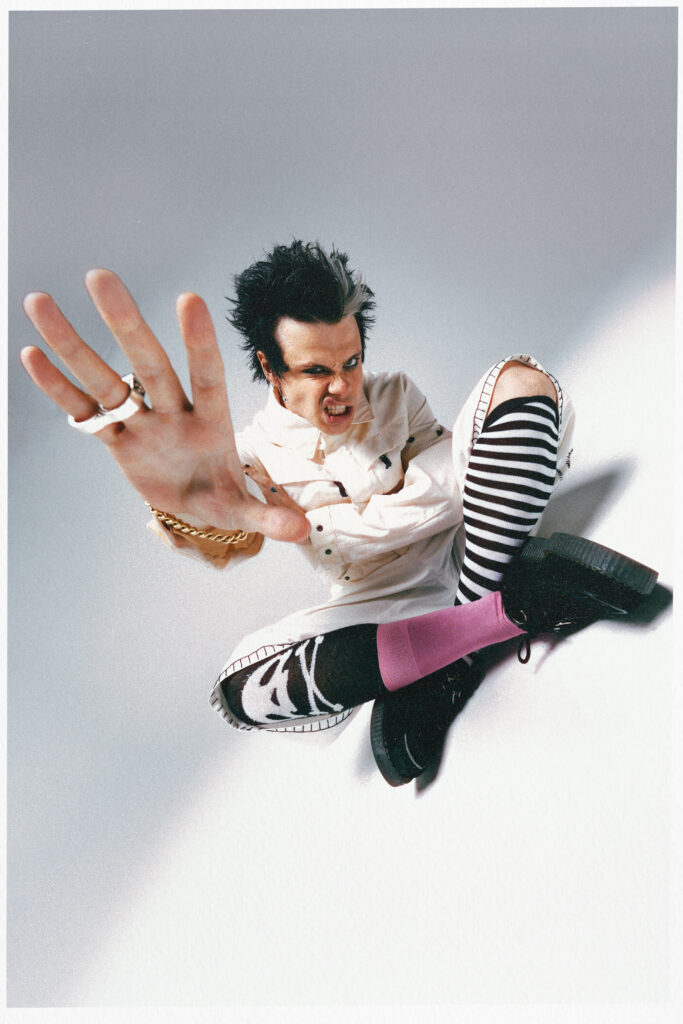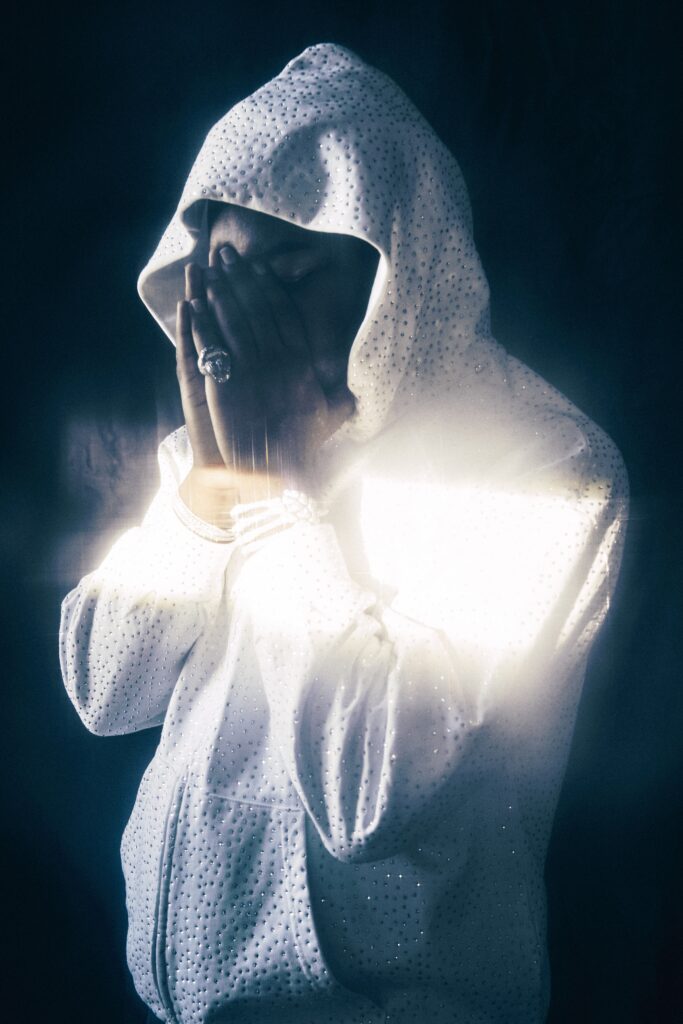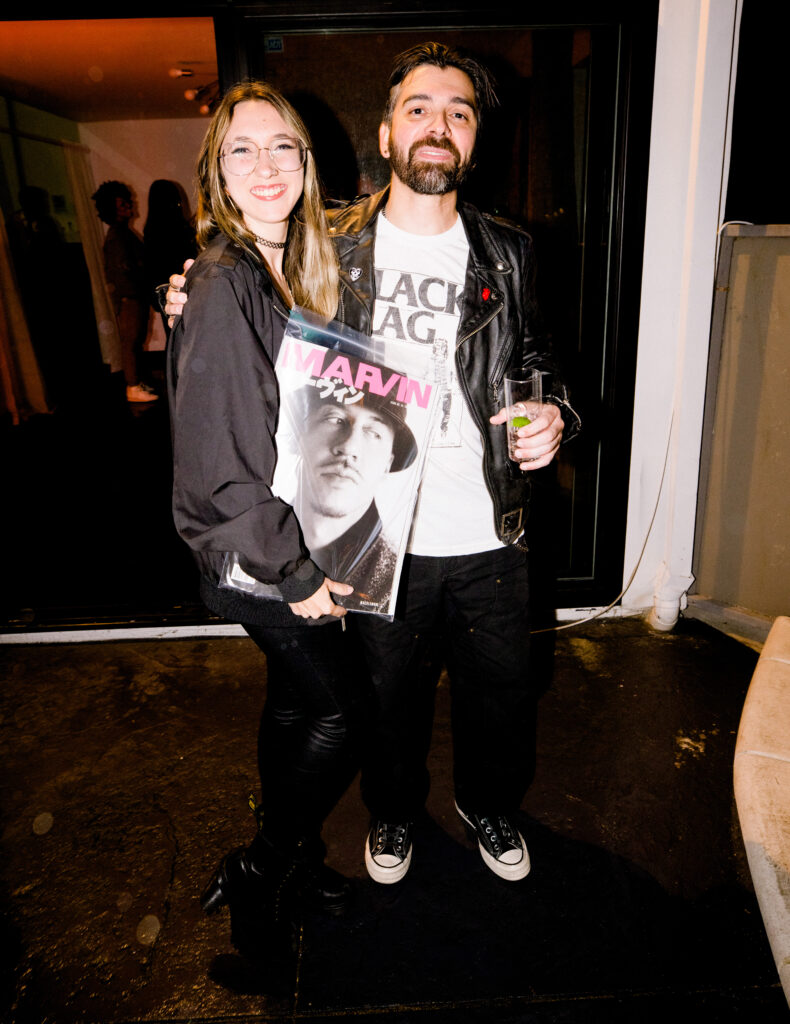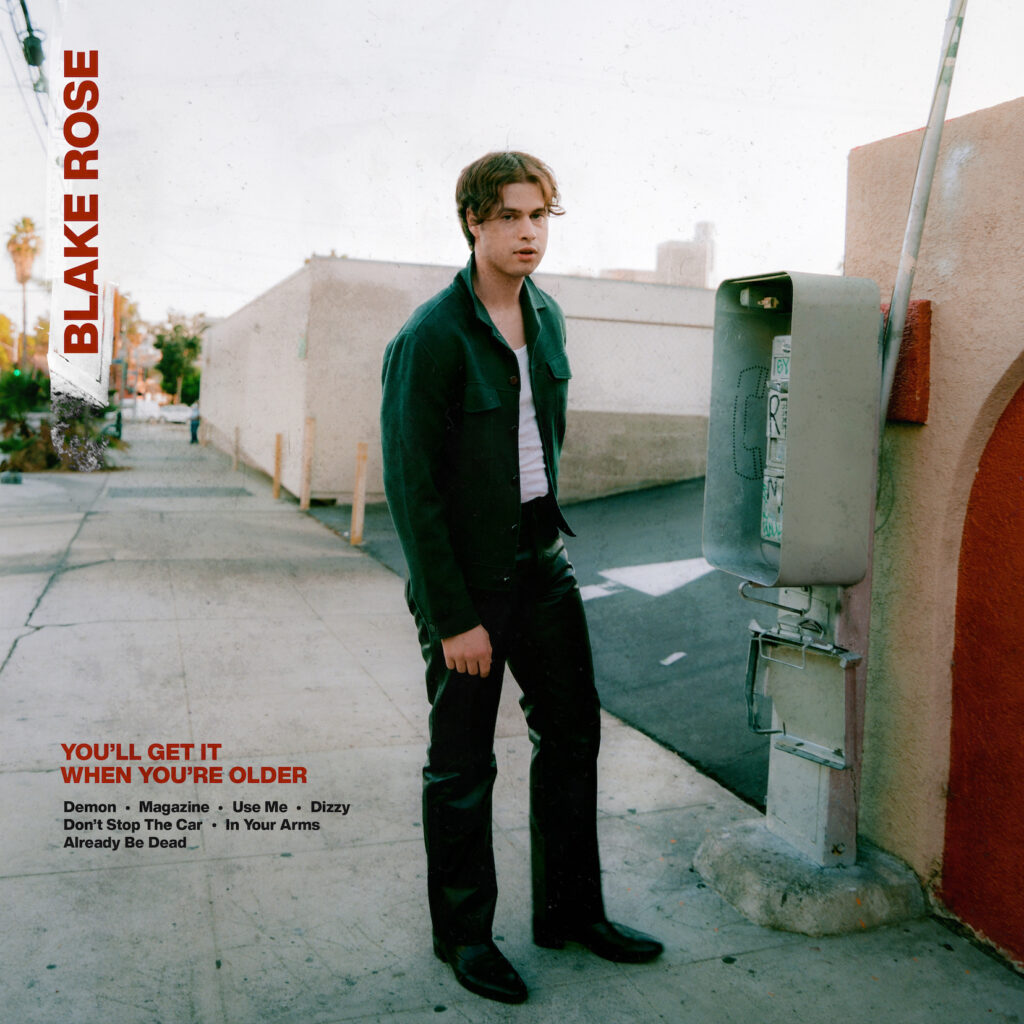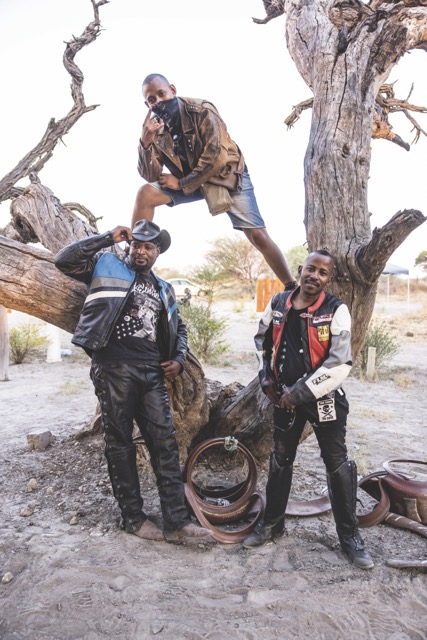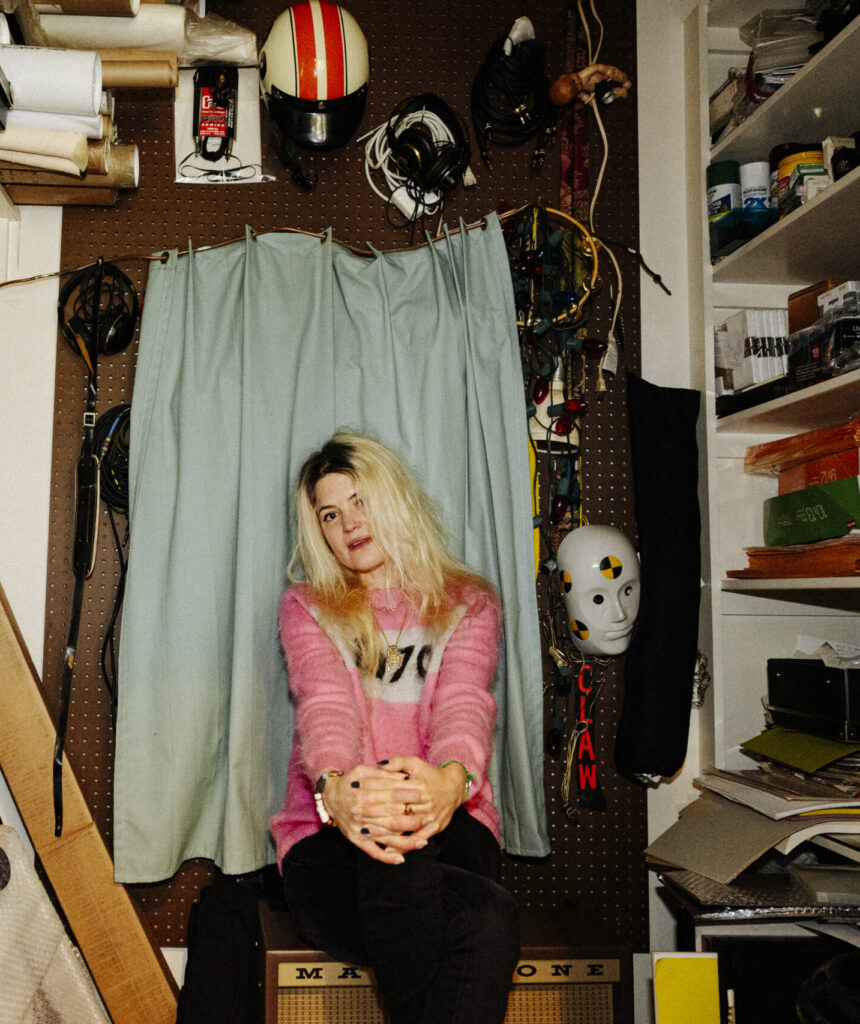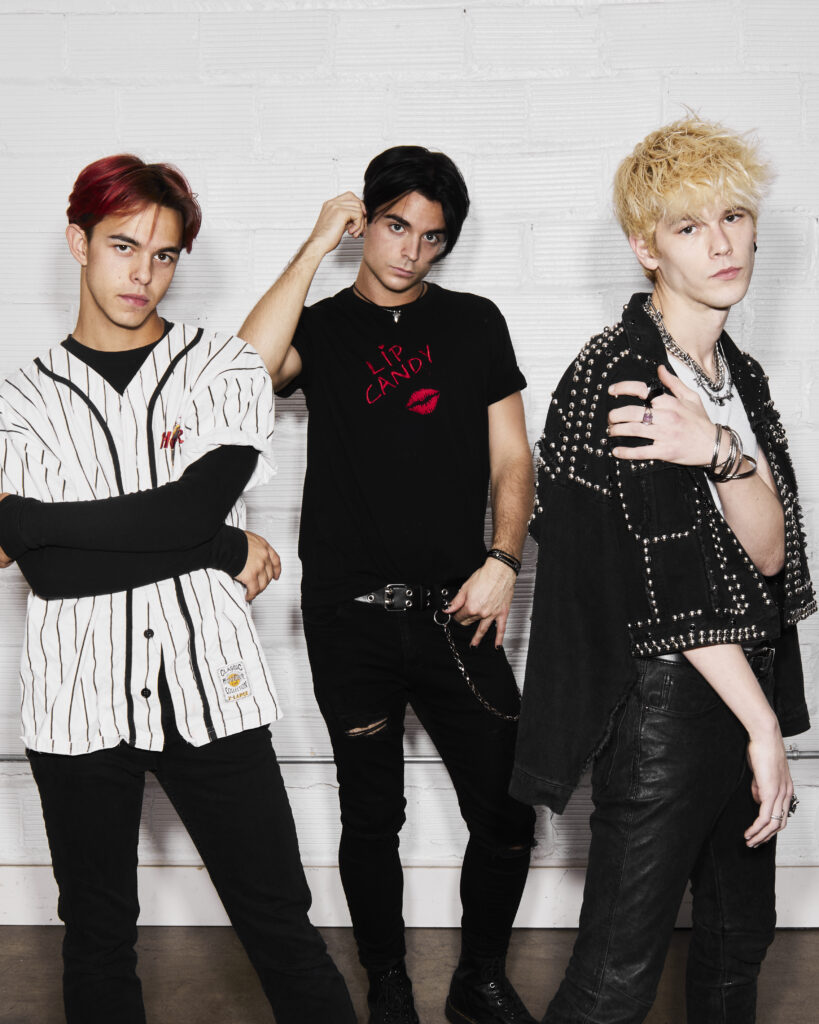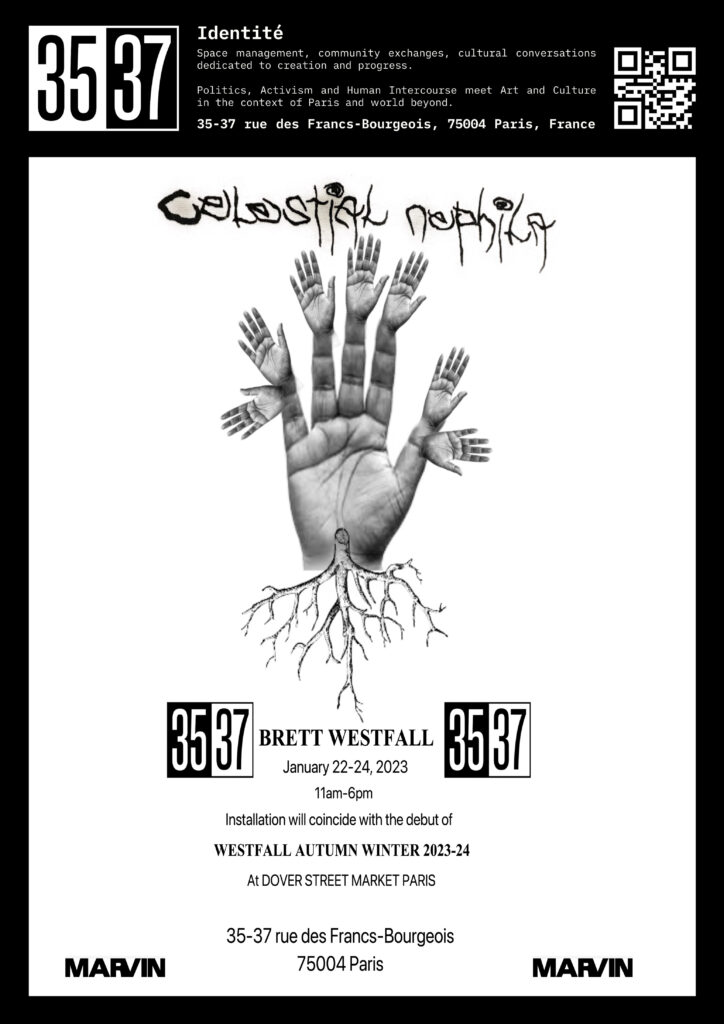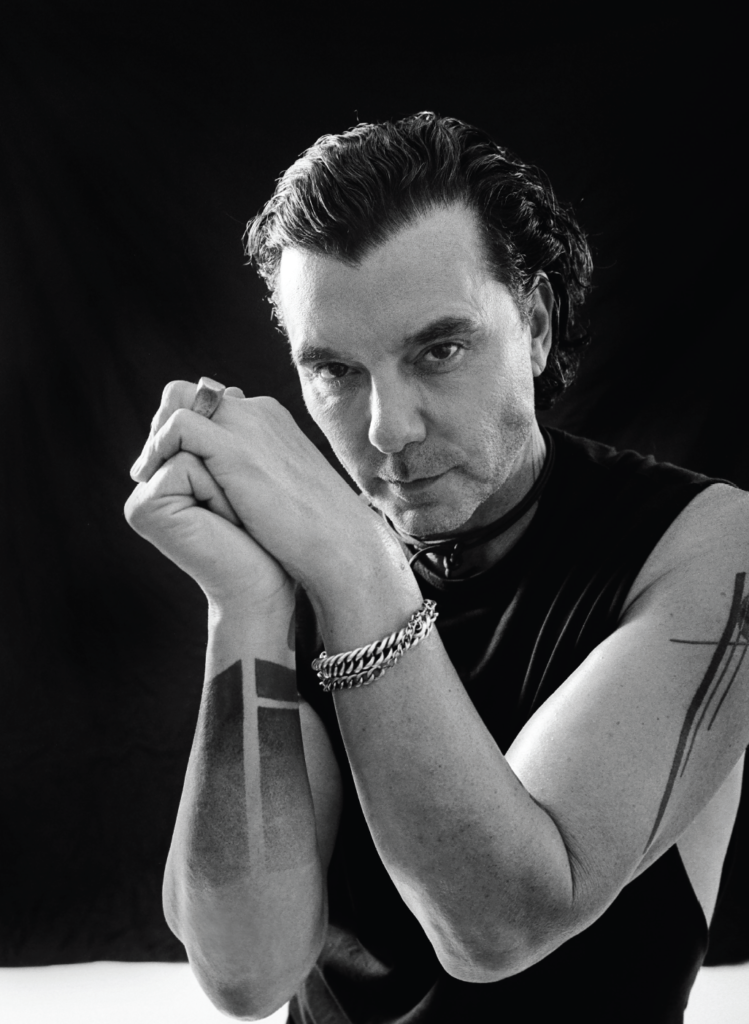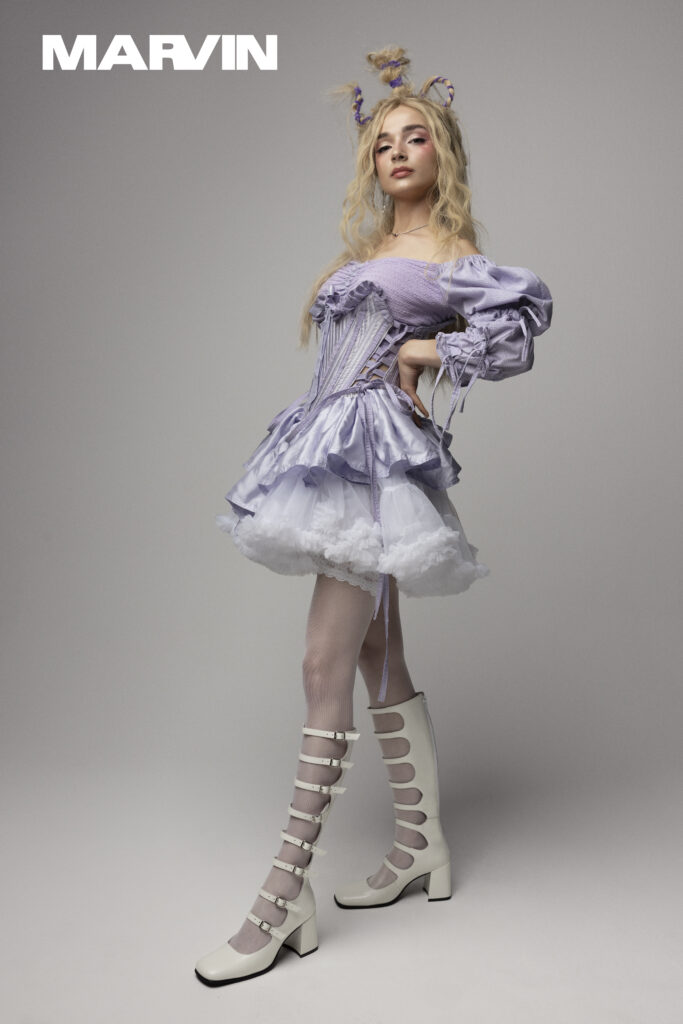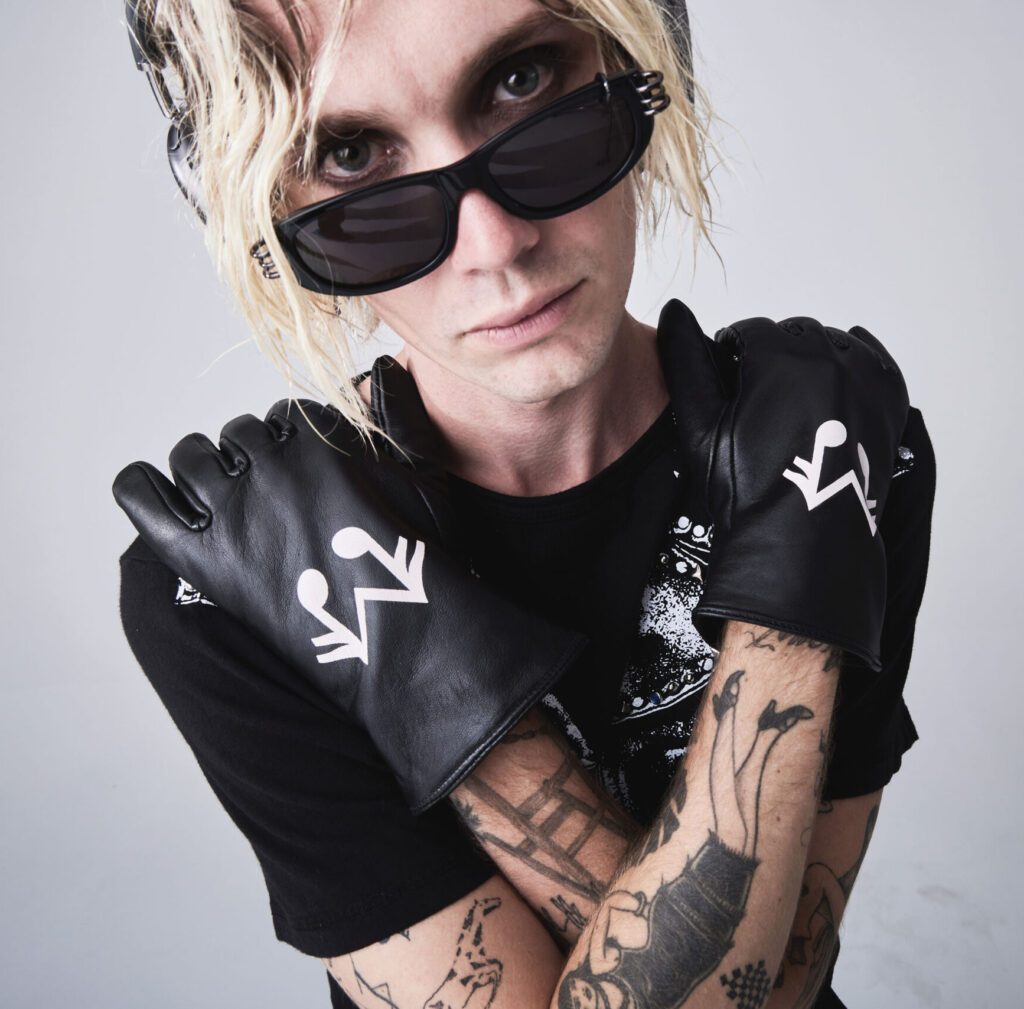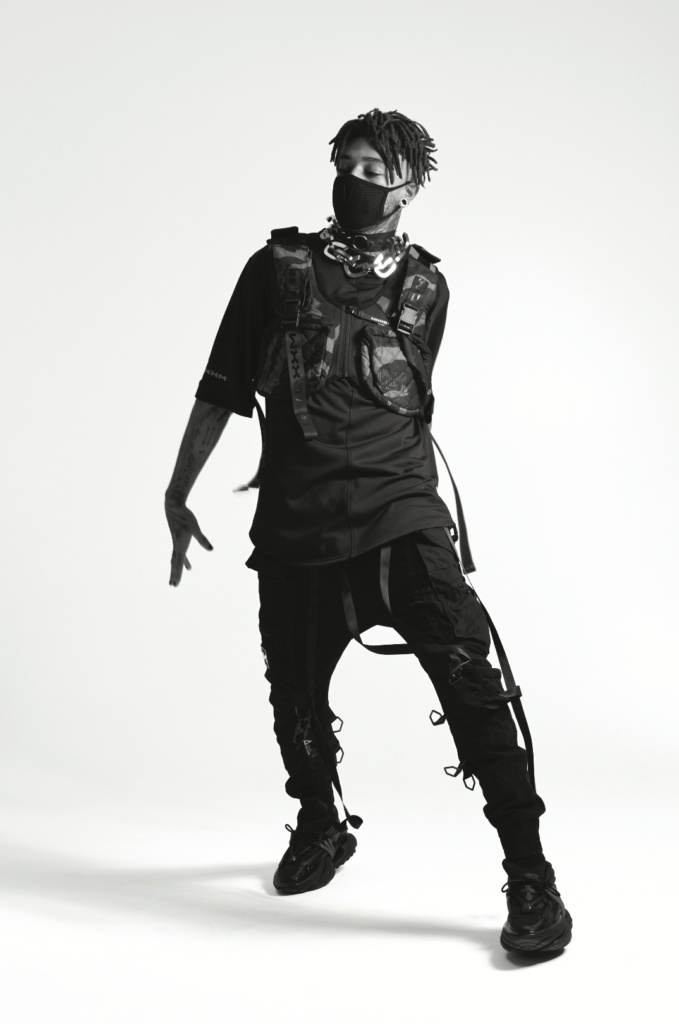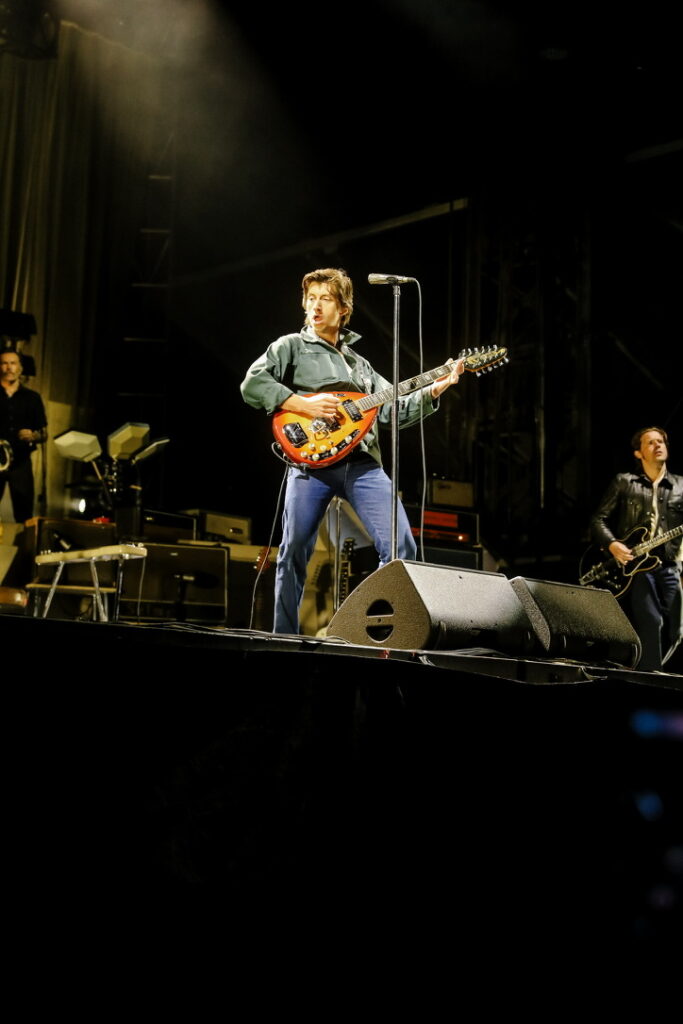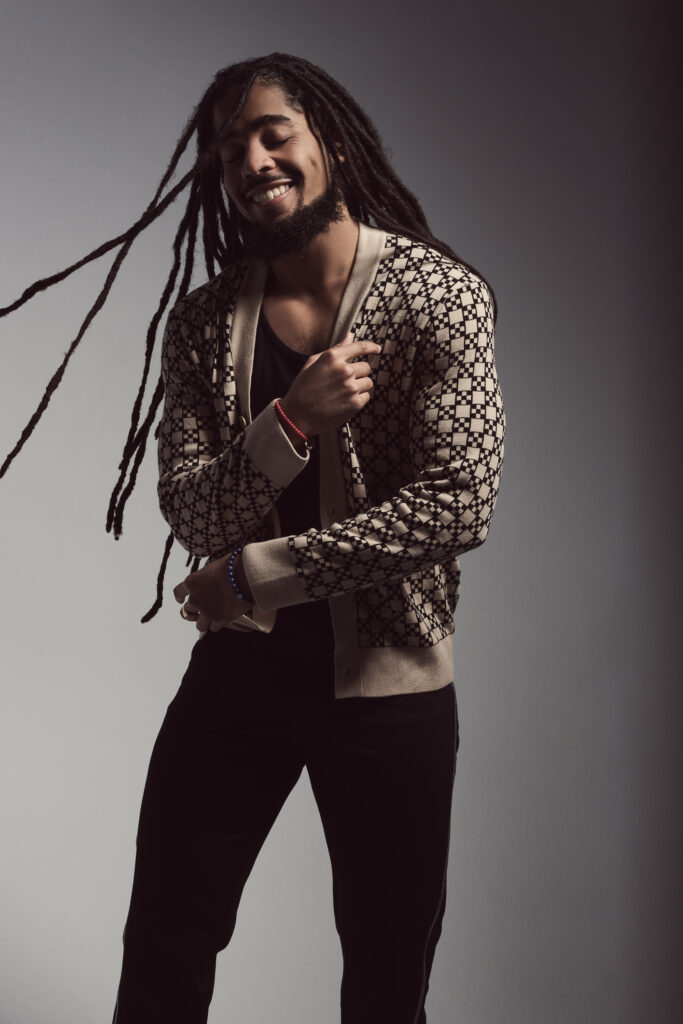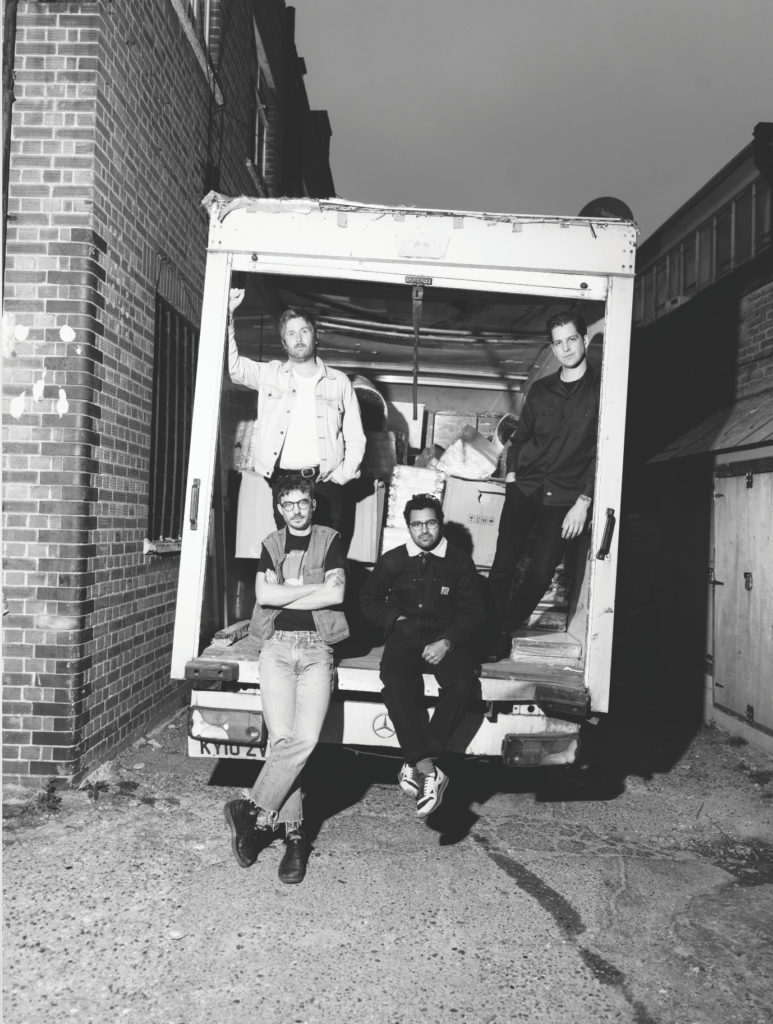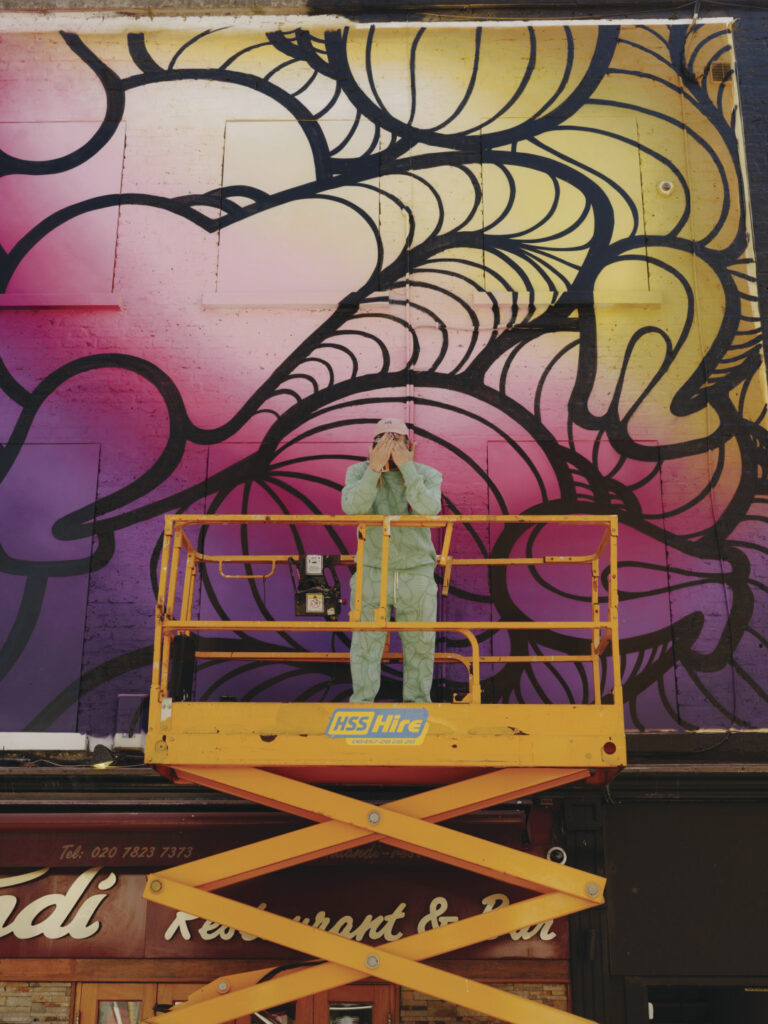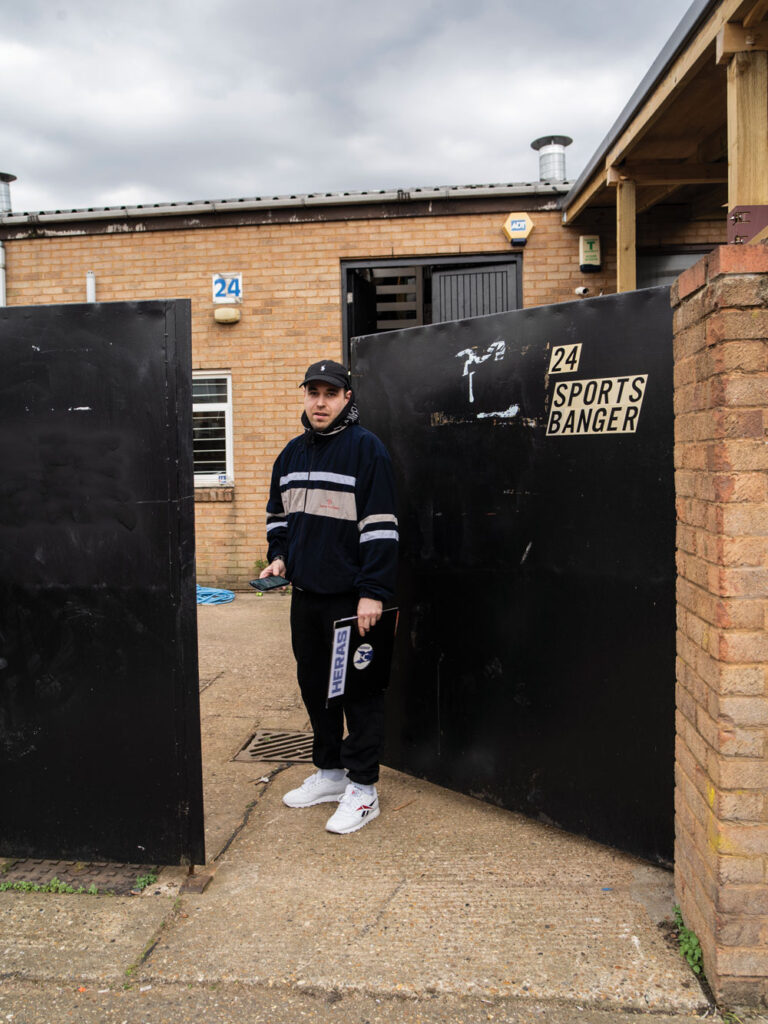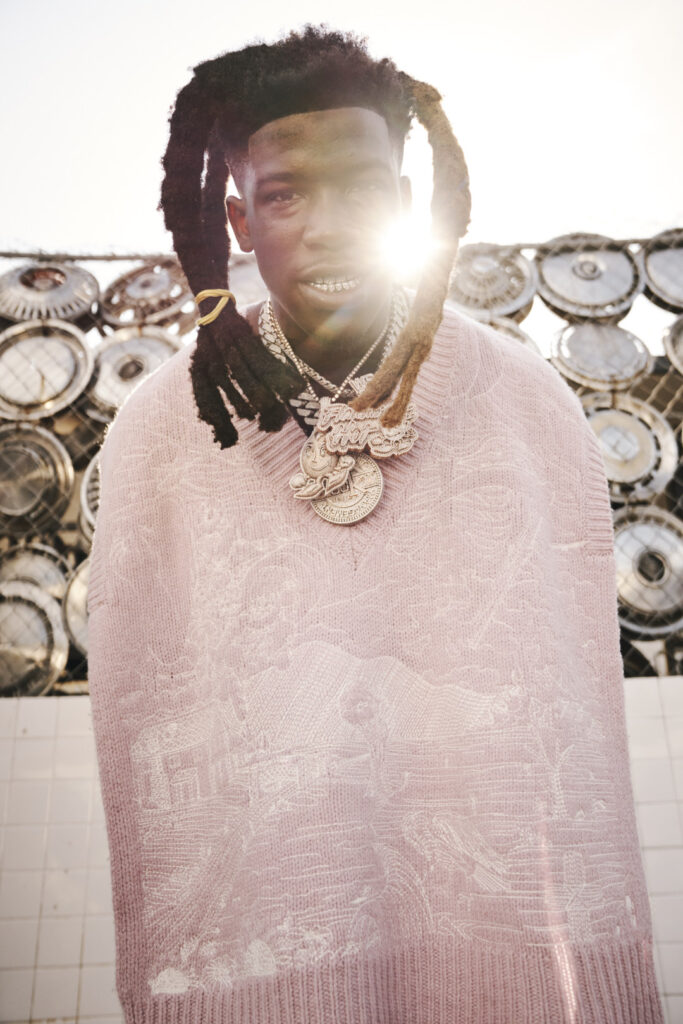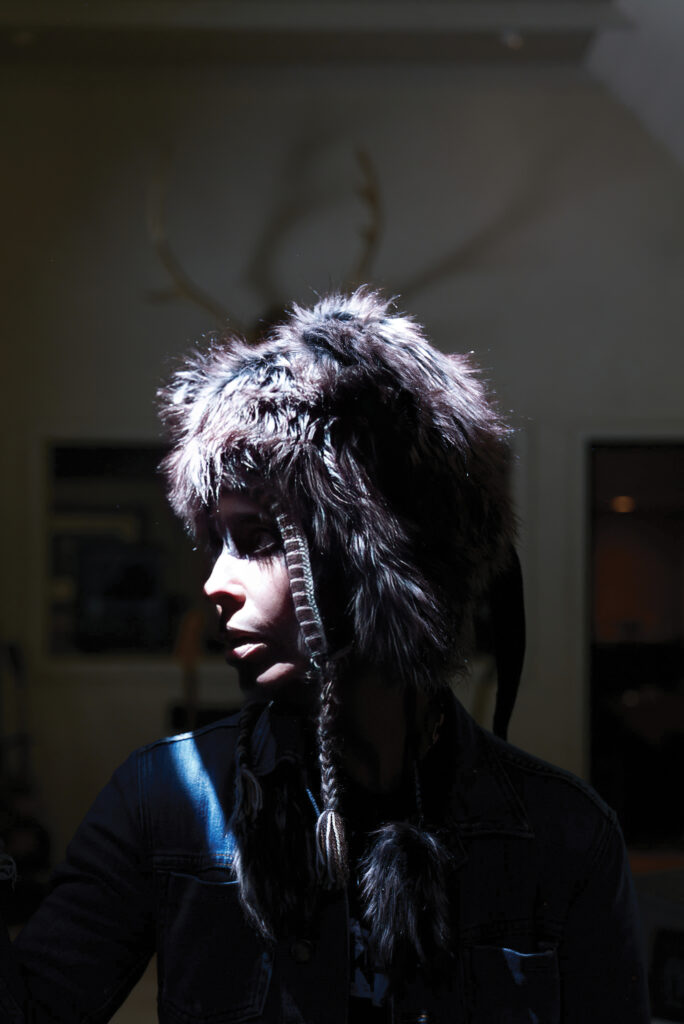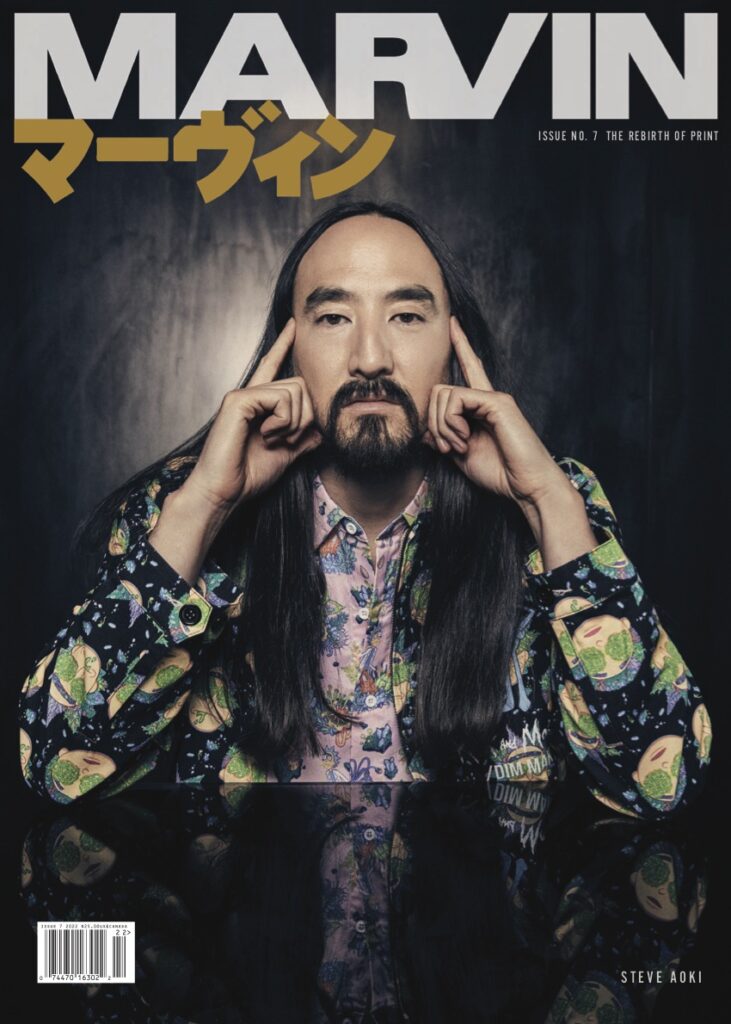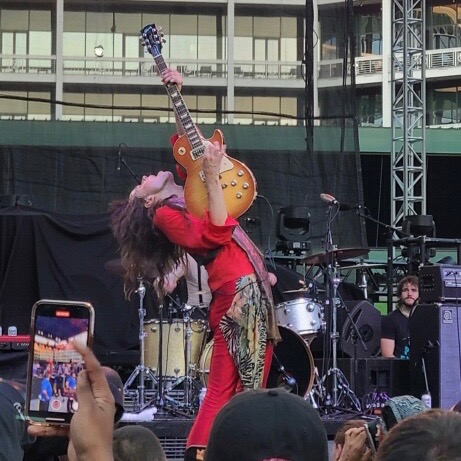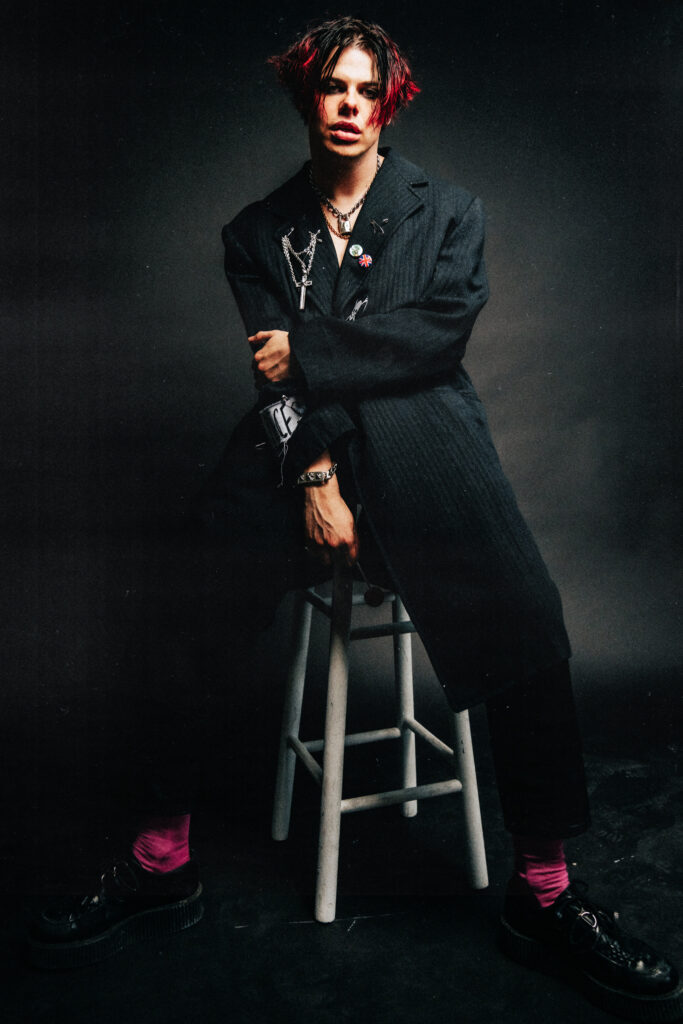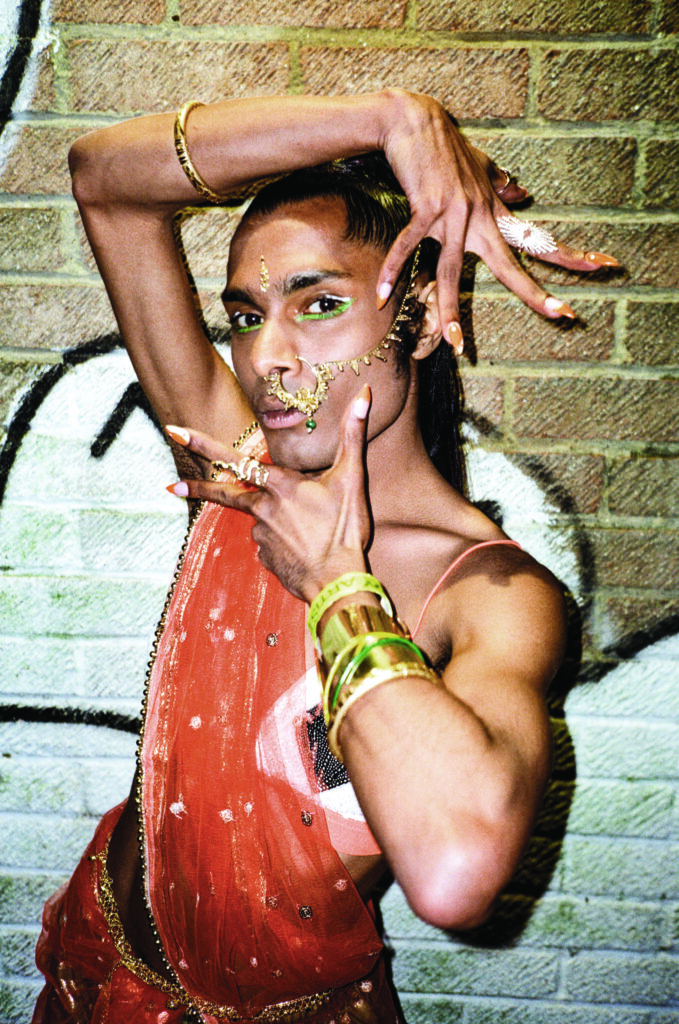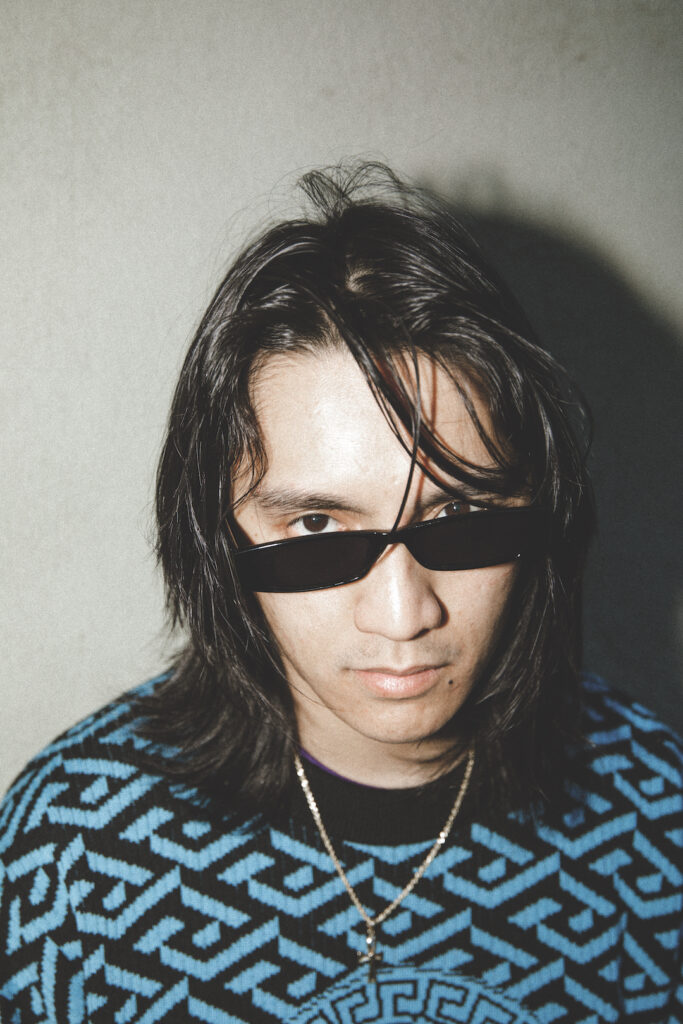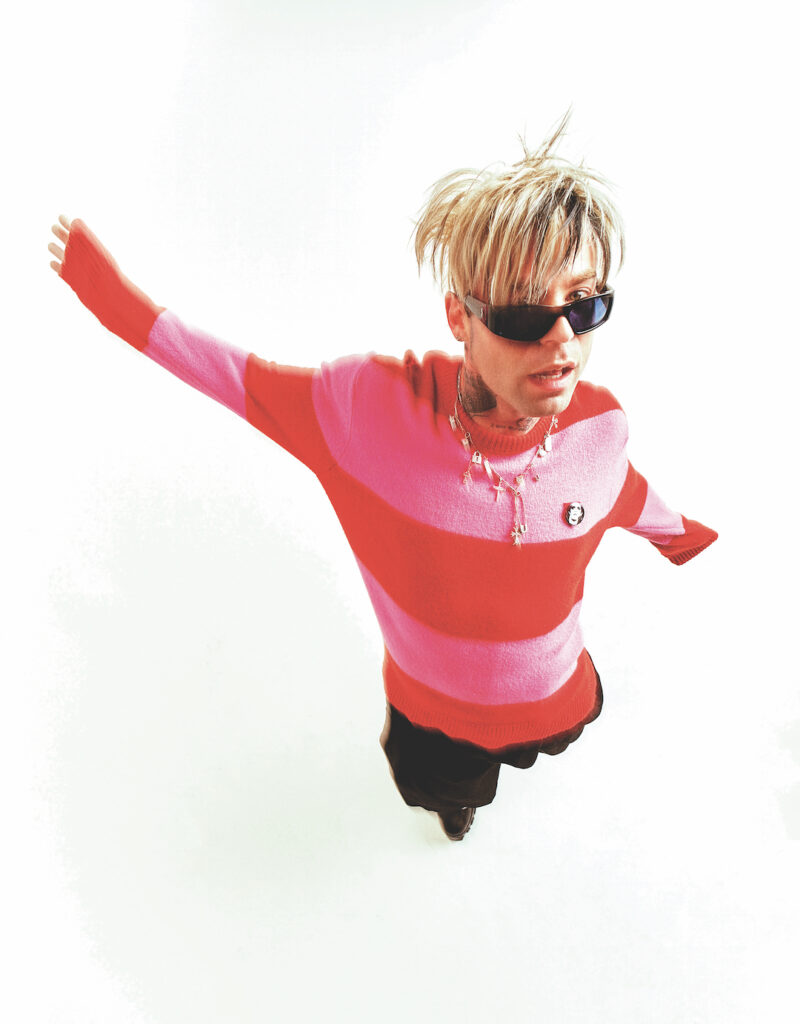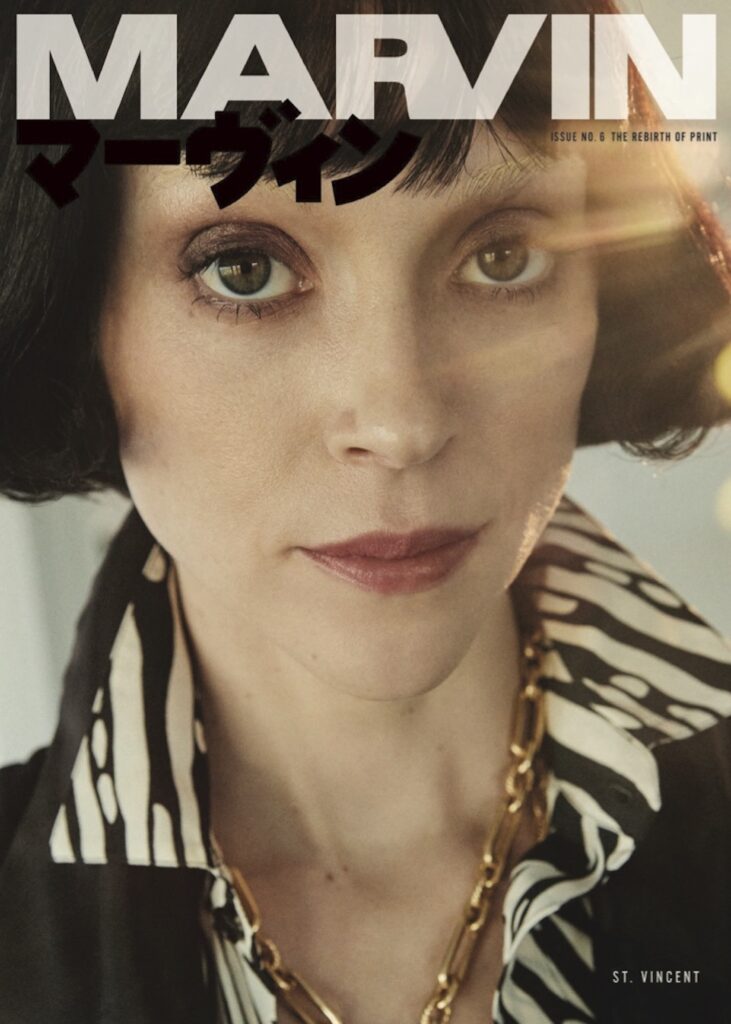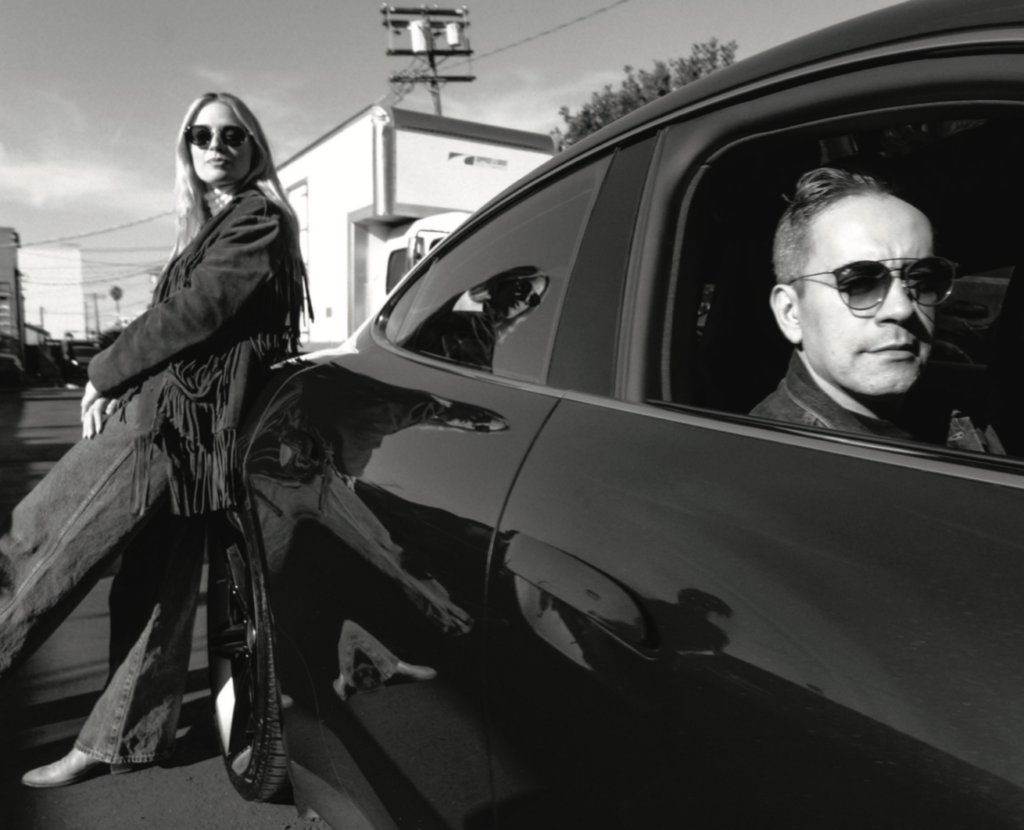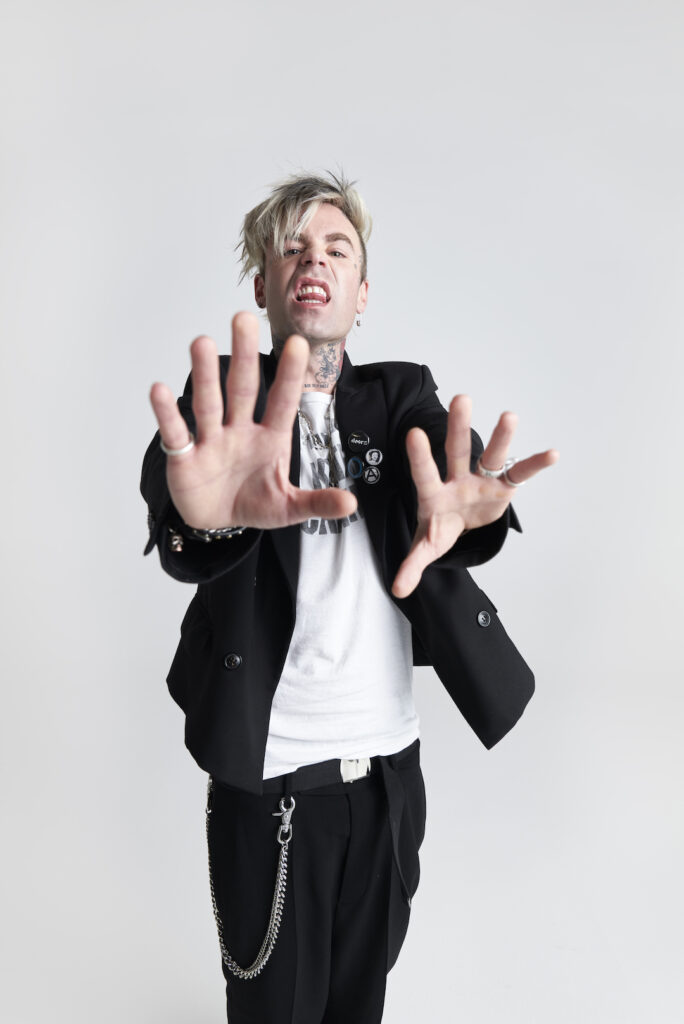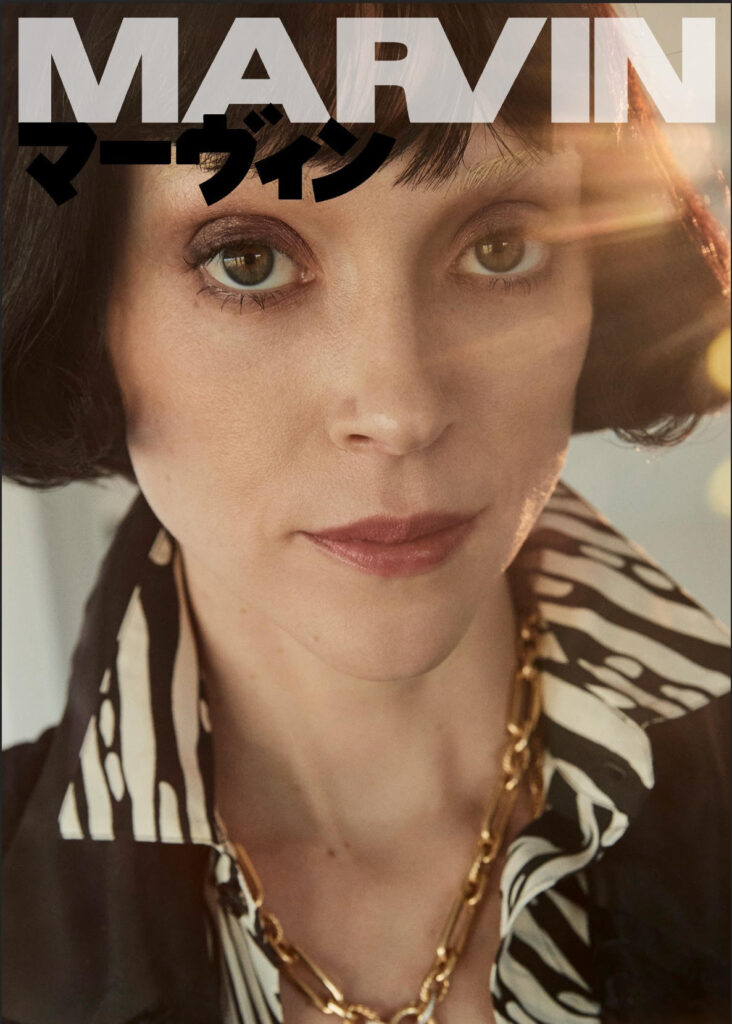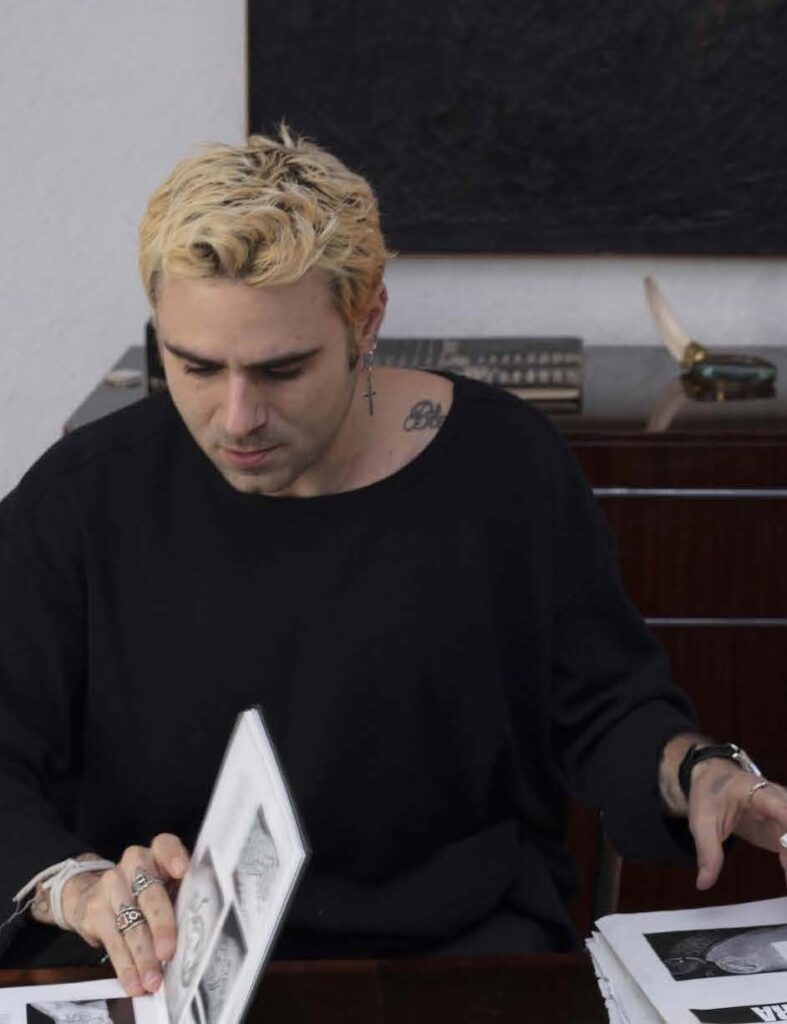Zebra Katz Makes and Breaks Genres, Setting His Own Standard as an Independent Artist
Let’s be honest, 2020 has really done a number on all of us. As the music industry has ground to a standstill, with even major labels struggling with delayed releases and cancelled tours, most independent artists have been all but left in the dust.
With all these setbacks, you’d think that Zebra Katz would be in despair. The singer, producer, and performance artist’s long-awaited, debut album was slated to release on his own ZFK Records on March 20, 2020. Pretty much the very week the entire world went into complete and total lockdown. LESS IS MOOR is his most comprehensive, most mind-bending, and most experimental work yet, which is saying something for an artist that has made bucking the status quo his modus operandi.
Since his debut single, “Ima Read”, dropped in 2012, he has refused to be categorized, melding hip-hop, techno, industrial, drum & bass, electronica, and a bevy of other sounds and genres into a vibe that is uniquely his own. “Ima Read” was an expression of release, just playing on my computer,” says Zebra from his spacious bedroom in West Berlin.
“I wanted to maintain that same energy while making my debut album. I really wanted to look at my career and find which parts worked for me, because I had been also exploring and finding myself as an artist in the public eye. My first track was “Ima Read”, then I was in the New York Times, then I played SXSW, then Glastonbury, all in my first fucking year of making music. So, I did accomplish so much, and when you’re in it, it’s so hard to be thankful for that, if you don’t have a team behind you patting you on the back.”
Zebra, whose government name is Ojay Morgan, is very clear that everything he has gained as Zebra Katz, he has worked for as an independent artist. He had no major label money, he hired his own PR, his own managers and released his music when he chose. This is partially why it took seven long years for LESS IS MOOR to see the light of day, even when he was continually releasing singles, EPs, and collaborations with other artists. In 2017, he was featured on three tracks on the hit album, Humanz by Gorillaz and spent much of that year on tour with the band. Crisscrossing the globe, performing on festival stages in front of thousands of people, he was living the dream but for Ojay it was a means.
“If you have resources, then you can build,” he explains.
“I wouldn’t have had the money to record this album if I hadn’t gone on tour with Gorillaz”
“I wouldn’t have had the money to record this album if I hadn’t gone on tour with Gorillaz. That was a very purposeful tour, but I needed to support myself. And no label was going to give me the money to do my videos and to get my art out there and do vinyl for the first time. I had to do it myself.” As the saying goes, if you want something done right, do it yourself.
The tracks on LESS IS MOOR reflect Ojay’s somewhat isolated way of making music, and the album is all the better for it. You have songs like lead single “ISH” which sounds like Atari Teenage Riot slowed down through a hazy Quaalude dream, where Ojay’s tempo-shifting flow skitters around the beat like a friend you can’t quite pin down on the dancefloor. “NECKLACE” is a woozy ballad that sees him imploring: Fuck me up/Leave me breathless, over lightly plucked, reverb-laden guitars. It’s not rap, it’s not dance, it’s not electro, it’s something new and fresh that could only exist in this era, when things like identity, race, and sexuality are finally allowed to intersect and coexist within people who have always been demanding to be heard.
“But it’s also all music that has been whitewashed,” says Ojay about the album’s genre-hopping appeal. “I wanted to reclaim those genres by putting out a very black vocal on it as a through line to connect it all. The part in “Zad Drumz” about going to Berghain and doing a bunch of drugs is a play on the fact that it’s a space that takes itself way too seriously,” he chuckles, taking a jab at Berlin’s infamous den of techno debauchery. “They sometimes don’t realize that the music that they’re celebrating is off the backs of black people. That line was my way of making a comment on the hierarchy of that. I got so high I kicked myself out of Berghain, I made myself disappear. I made myself the authority. I wasn’t waiting to not get let in. It’s a joke!”
“I represent a community even if I don’t want to; I didn’t want to be a queer icon or whatever, I just am, because my body holds that political space”
His reclamation of black genres that have been co-opted by white musicians goes hand in hand with his worldview as Zebra Katz. In his eyes, there is no separation of the personal and the political, as everything he releases will be inherently viewed through a political lens. “Everything is so politically loaded,” he says matter-of-factly. “My body is politically loaded, my voice is politically loaded. People hear it and they think I’m rapping, even when I’m singing a ballad. I used LESS IS MOOR as a title because I think it’s giving less and always expected to do more. I’m always doing above and beyond the work in order just to be seen. Without a doubt, I have to do 10 times the work just so it can be taken seriously. I represent a community even if I don’t want to; I didn’t want to be a queer icon or whatever, I just am, because my body holds that political space. My work holds that space, and I don’t shy away from it.”
“So much has happened between 2012 and 2020,” he continues. “Look at someone like Lil Nas X. If you would have told me that there would be a Lil Nas X when I was getting all the heat I was getting for being queer, and black, and othered? I would have laughed. But at the same time, I knew it was coming.”
While the advent of a Gen Z, gay crossover hip-hop/country star was perhaps something none of us could have exactly foreseen, there are aspects of LESS IS MOOR that speak to fostering a sense of community across lines of, again, race and sexuality. The music video for “LOUSY/IN IN IN”, another blistering highlight from the album, also doubles as a short film Ojay co-directed with Swedish filmmaker Daniel Wirtberg. In it, a cast of black men lounge about a spa in the forest, explore each other’s bodies and maintain the space in a sort of communal feel.
“It’s about rest and rejuvenation,” explains Ojay. “It was about creating this bond among black men, and men of color, that you rarely see in film and I wanted to explore that deeply. That’s why in the video you see this peer group doing trust activities and eskimo kissing, just trying to create nuances around how we digest black bodies, especially black men, together.” He pauses. “You know, most media publications are white, and they’re talking about artists that are not white. The other day, I was reading a news article that said Usain Bolt, the fastest man alive, tested positive for Covid-19, and they used a photo of Kevin Hart. So, let’s be real fucking frank about how non-black people consume and describe otherness. It’s a fucking problem, it’s something that I’ve always been mindful of and always trying to steer people against.”
At the end of the day, letting the music speak for itself is where Ojay finds his peace. Yes, 2020 is what it is, but thank god LESS IS MOOR exists, and thank god its creator did what he had to do so that the album could exist in an era when people needed to hear its messages of rage and rebellion the most. “The album in itself touches on a lot of shit that I think is happening right now and I wanted to make an album that was truly reflective of the times we’re living in right now.
He quotes James Baldwin: “‘To be [a Negro] in this country and to be relatively conscious is to be in a rage almost all the time.’ I wanted to reflect upon the rage I felt as an individual in America and put it into a time capsule so to say, which is very hard to do when you’re trying to think of race, sexuality, gender, my experience, my story, the hardships I’ve faced, the victories I’ve had as an independent musician traversing this society.”


